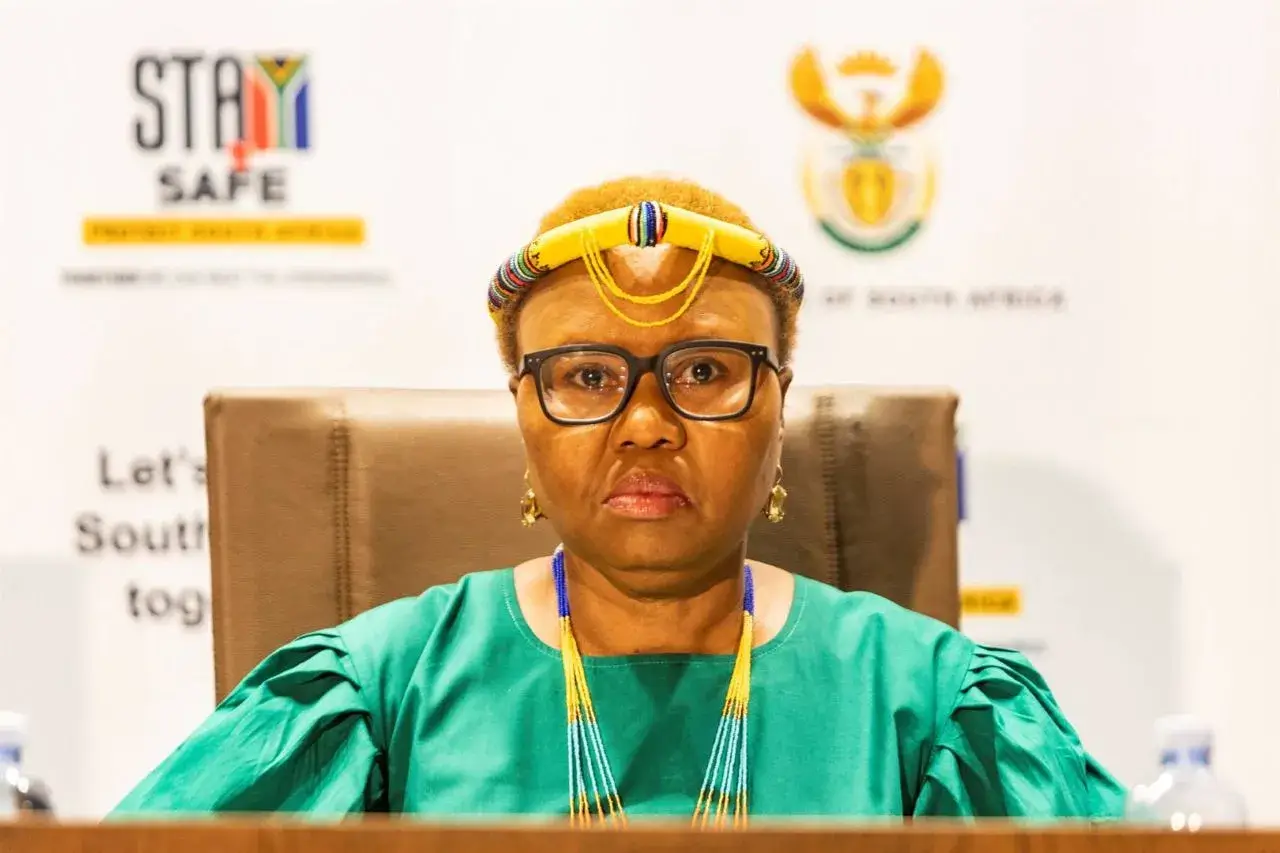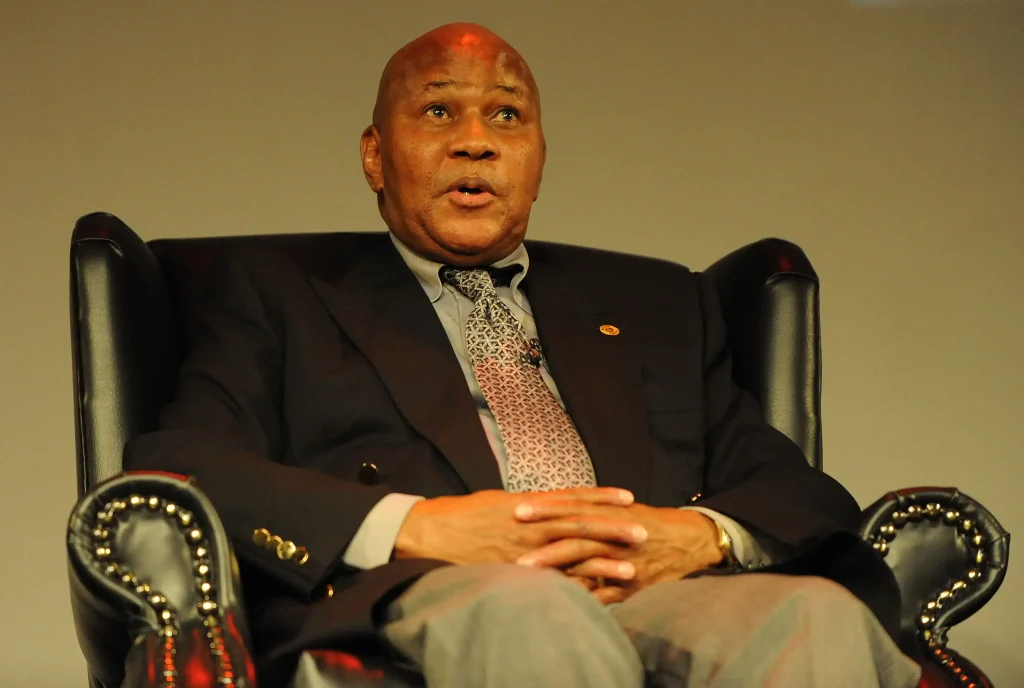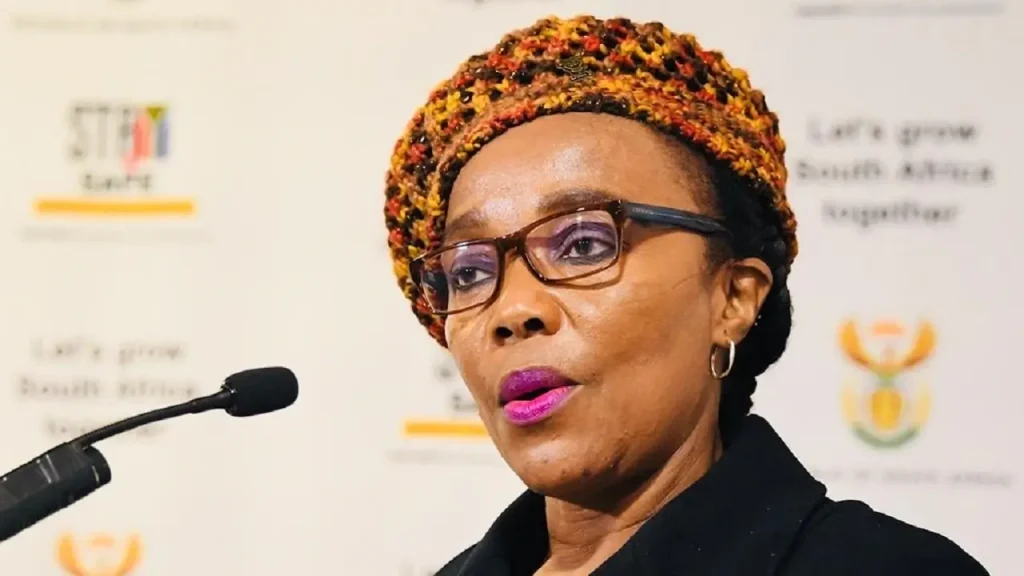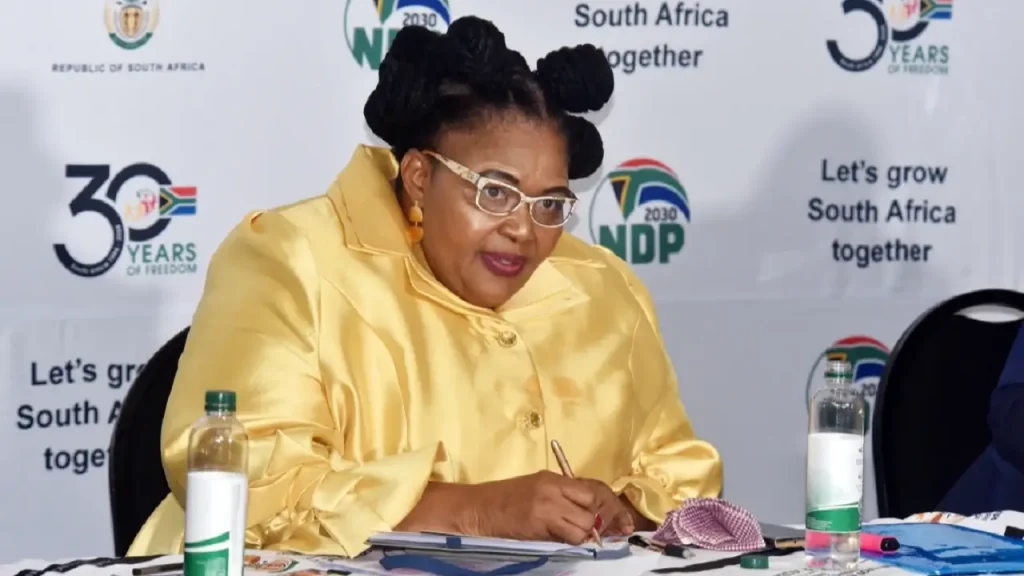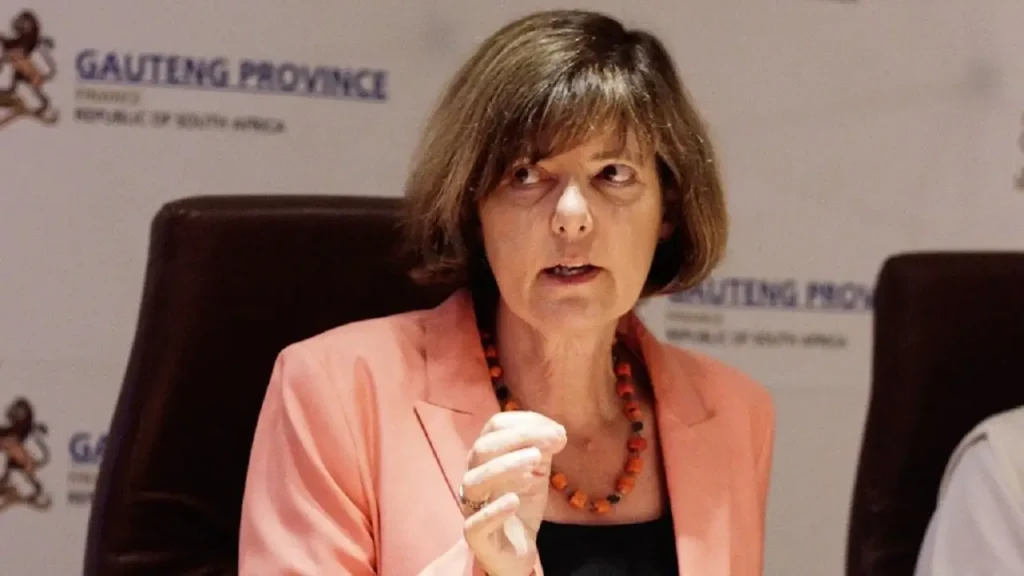Lindiwe Zulu is a prominent South African politician who has made significant contributions to her country’s political landscape. Here are 15 facts that you should know about her remarkable life and career:
1. Early Life in Nhlazatshe
Lindiwe Zulu was born on April 21, 1958, in Nhlazatshe, which was in the former Eastern Transvaal (now Mpumalanga). Zulu’s formative years were marked by the forced relocation of her family after the apartheid government’s policy led to the displacement of their village.
2. Political Activism at a Young Age
Zulu became politically active during her youth. Following the 1976 Soweto Uprising, she left South Africa and joined the African National Congress (ANC) in exile. This early engagement set the foundation for her lifelong commitment to the ANC’s cause.
3. Education in Moscow
Zulu attended the prestigious Patrice Lumumba University in Moscow, where she pursued journalism and earned a Master’s degree. This international experience played a key role in shaping her political and diplomatic career.
4. Contributions to ANC Communications
During the negotiations to end apartheid, Zulu became the head of communications for the ANC Women’s League. Her strategic communications efforts were pivotal in the ANC’s success in the post-apartheid era.
5. Diplomatic Career
From 1999 to 2009, Zulu represented South Africa as an ambassador to Brazil, during which she strengthened South Africa’s relationship with Brazil. She was awarded Brazil’s Order of Rio Branco for her role in fostering diplomatic ties.
6. Returned to South Africa’s Political Scene
In 2009, Zulu was appointed as an international relations adviser to President Jacob Zuma, where she contributed significantly to the government’s foreign policy, particularly focusing on Zimbabwe.
7. Minister of Small Business Development (2014-2019)
Zulu was appointed as the first Minister of Small Business Development in 2014. She played an important role in creating policies to support small businesses and foster economic growth.
8. Defender of President Zuma
During Zuma’s second term, Zulu was known for fiercely defending him amid various controversies. She played a central role in defending his actions against both domestic and international criticism.
9. Endorsement of Nkosazana Dlamini-Zuma
In the ANC’s 2017 conference, Zulu publicly endorsed Nkosazana Dlamini-Zuma to succeed Jacob Zuma as ANC president, advocating for gender parity in leadership roles within the party.
10. Minister of Social Development (2019-2024)
Following the 2019 elections, Zulu was appointed Minister of Social Development. Her tenure focused on improving social services, particularly for vulnerable groups in South Africa.
11. Reputation for Loyalty to ANC
As one of the most trusted lieutenants of former President Jacob Zuma, Zulu’s loyalty to the ANC remained unwavering, making her a prominent figure within the party’s leadership.
12. Controversy Over Lexus Statement
In 2017, Zulu faced public scrutiny after she misstated the value of her car in a statement to Parliament. Despite the controversy, the Public Protector cleared her of any misconduct, although the error was seen as a lapse in transparency.
13. ANC National Executive Committee Member
Zulu has been a member of the ANC’s National Executive Committee (NEC) since 2007, consistently being re-elected due to her strong influence within the party, particularly in the areas of communications and international relations.
14. Public Life and Personal Struggles
Throughout her career, Zulu has juggled her political life with raising her family. She has four children and is married to Kgosietsile Itholeng, whom she met in exile in Angola.
15. End of Parliamentary Career in 2024
In the 2024 general election, Zulu did not secure re-election to the National Assembly. Despite this, her contributions to South Africa’s political landscape remain significant, and her legacy as a leader within the ANC continues to influence the party.
Lindiwe Zulu’s career has been shaped by her resilience, diplomacy, and unwavering loyalty to her party. From her formative years in exile to her leadership roles in government, Zulu’s impact on South Africa’s political and social development has been profound.

